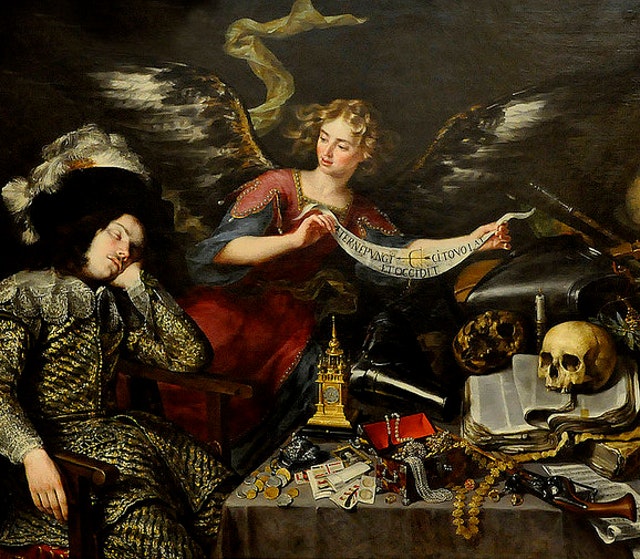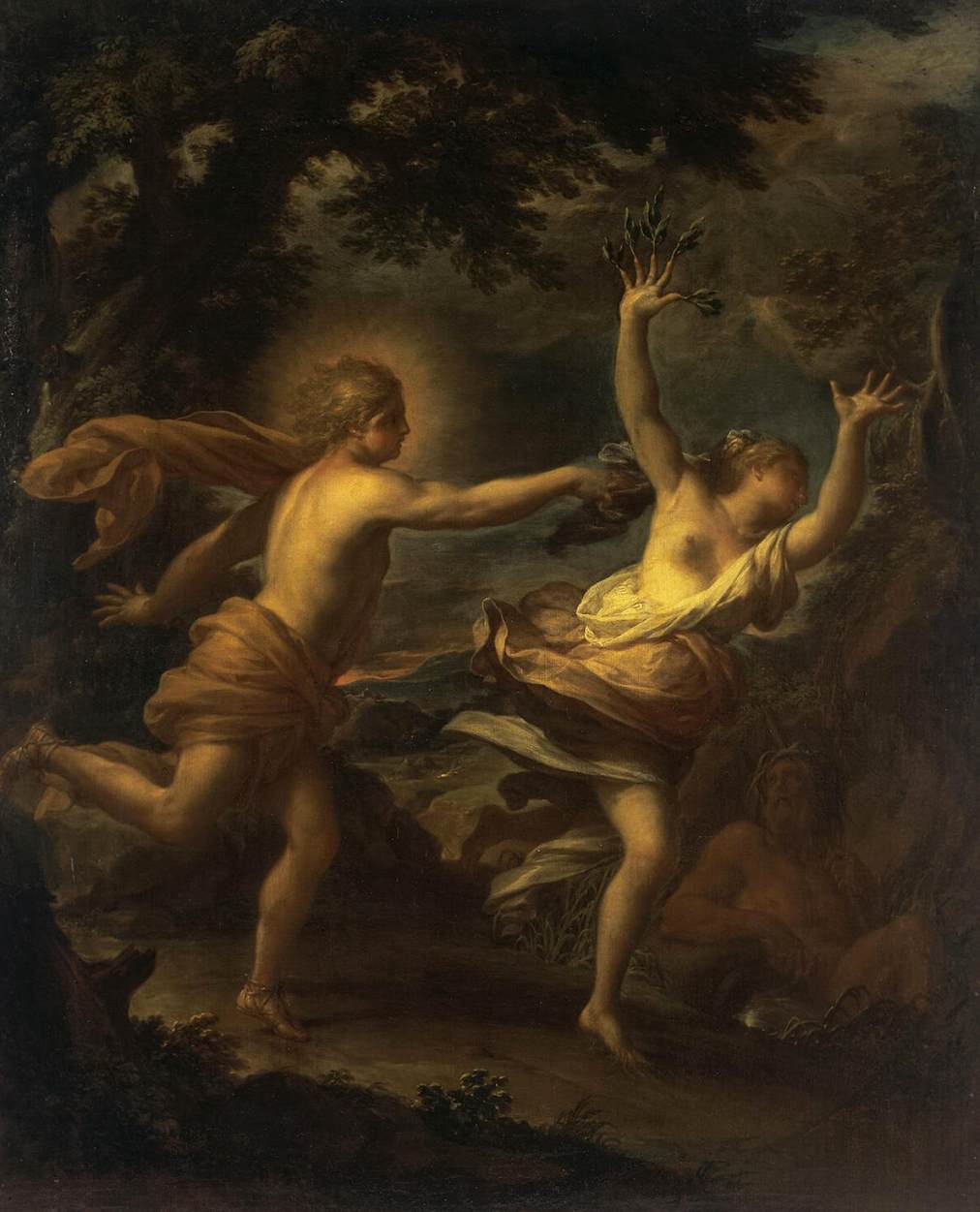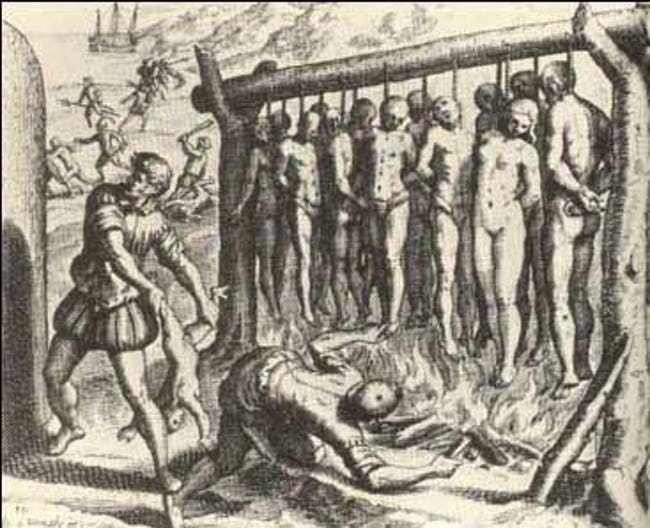The year 1627 saw the publication of short and incomplete work of fiction by Francis Bacon in which he imagined a previously undreamed of scientific and technological future. The book


CRITICAL THEORY | SOCIAL ANALYSIS | POLITICAL PHILOSOPHY AND THEOLOGY

The year 1627 saw the publication of short and incomplete work of fiction by Francis Bacon in which he imagined a previously undreamed of scientific and technological future. The book

Jennifer Denrow is the author of California (Four Way Books, 2011). Her chapbooks include How We Know it is That (Horse Less Press, 2014) and From California, On (Brave Men Press, 2012). Her writing has appeared

In my previous post, I explored the distinction between the state of exception and Maurice Blanchot’s opening remarks from The Writing of the Disaster. I ended pondering some of Blanchot’s

As I ended my previous post in this series, the postsecular moment has brought with it a broadening of application of the anti-Semitism the Horkheimer and Adorno describe with respect

I have been working through a reading of Max Horkheimer and Thedor Adorno’s classic work of Critical Theory, Dialectic of Enlightenment. I am particularly interested in the use of literary

In my previous post, I took a turn from direct analysis of Dialectic of Enlightenment to engage with David Scott’s writing on tragic disposition in Conscripts of Modernity. I then focused

I ended my first post in this series considering David Scott’s description of the tragic disposition as an obligated action in a world where values are “unstable and ambiguous.” I

I am often perplexed, sometimes disturbed, and generally intrigued by the use of Literature in philosophical arguments. While there is a robust tradition of Marxian-influenced material critique within Cultural Studies,

The New Polis is honored to present Dr. Tinker’s follow-up piece to “Redskin, Tanned Hide: A Book of Christian History Bound in the Flayed Skin of an American Indian: The Colonial

In this post, I argue that postmodern writer, Raymond Federman’s reluctant commitment to text, his necessity to return to and interrupt narrative and to make text, emphasizing its artificial nature,